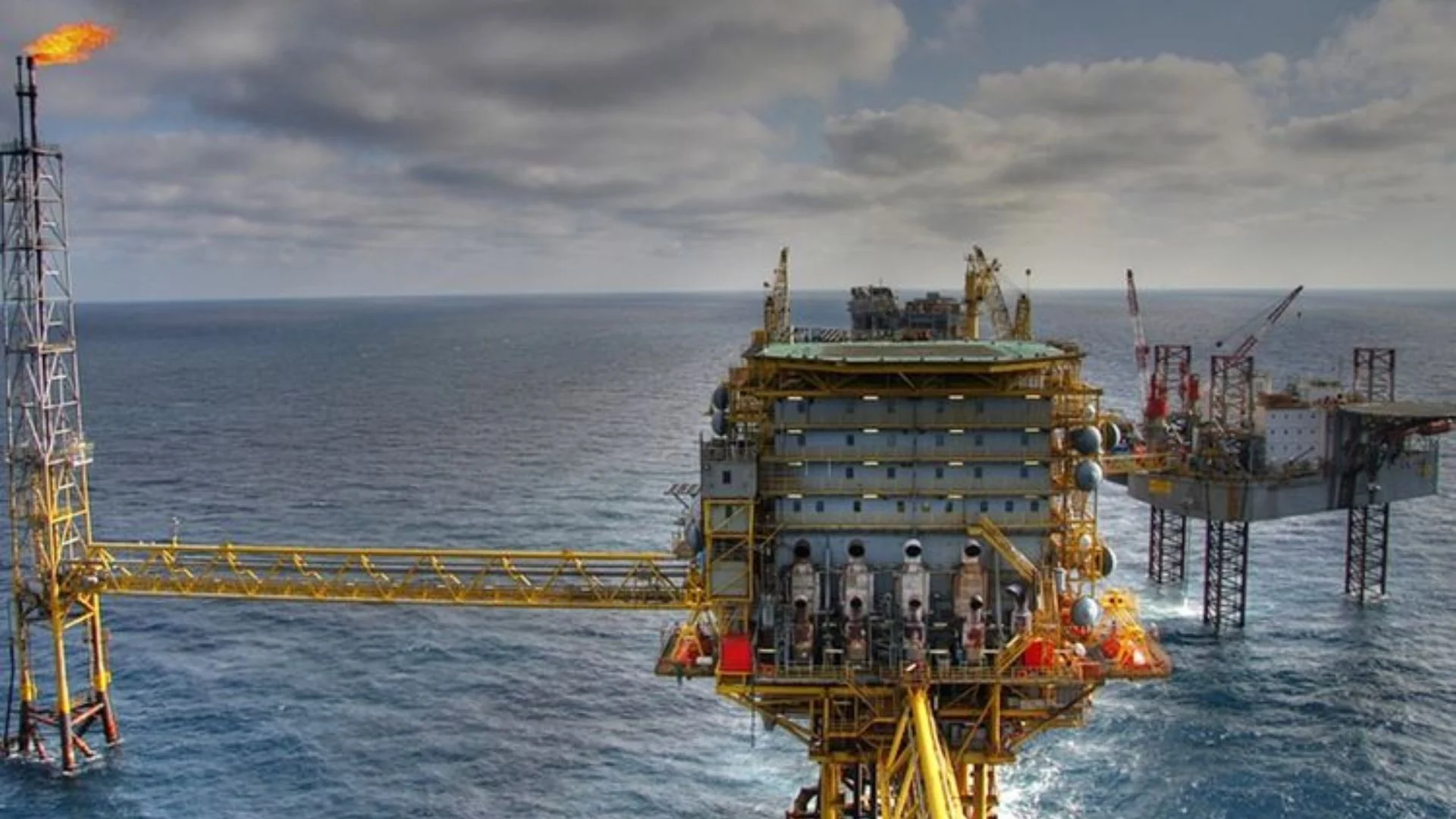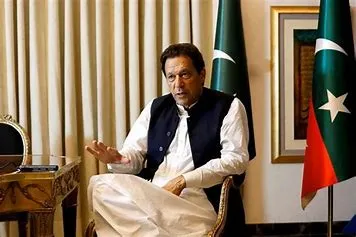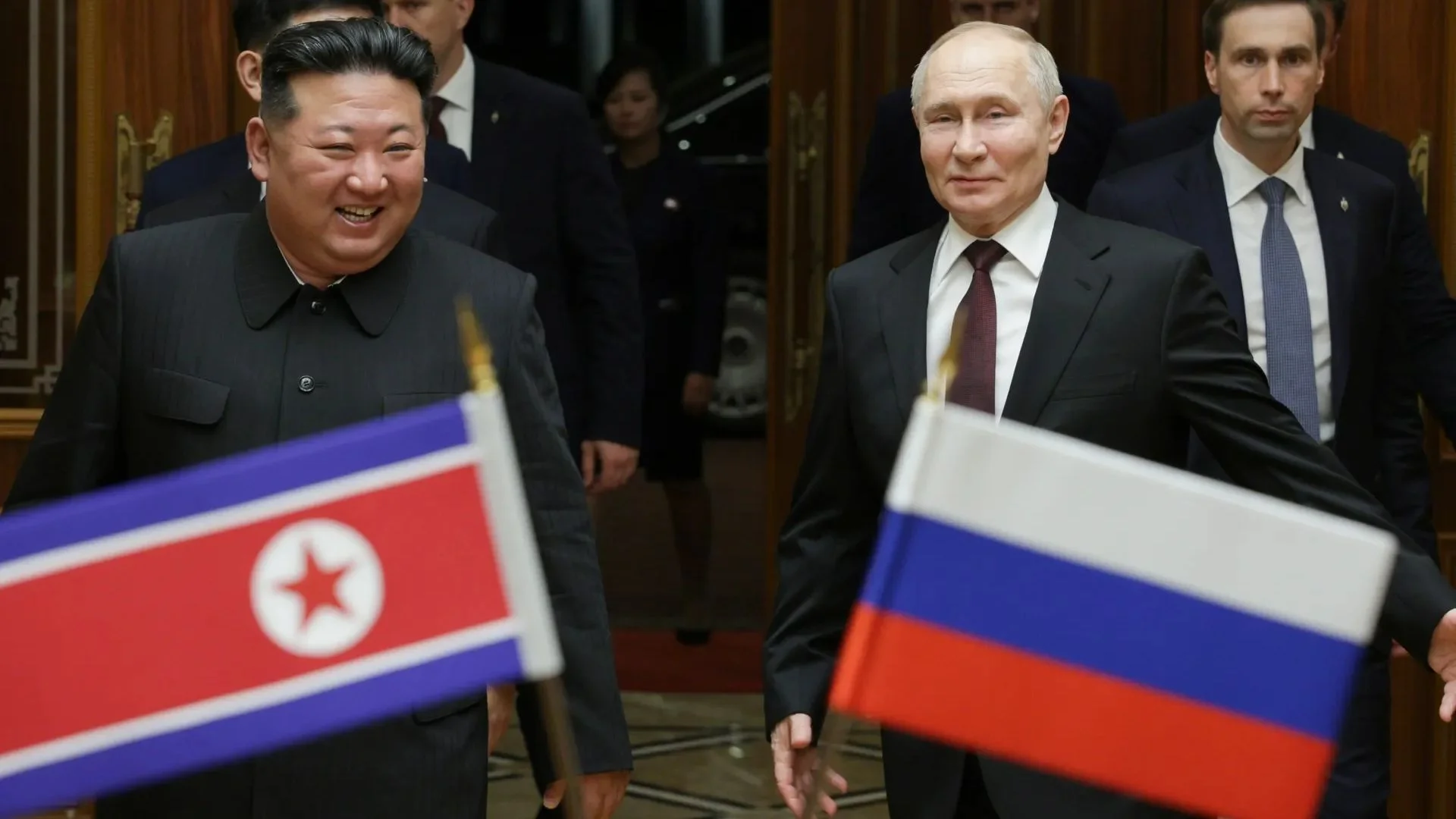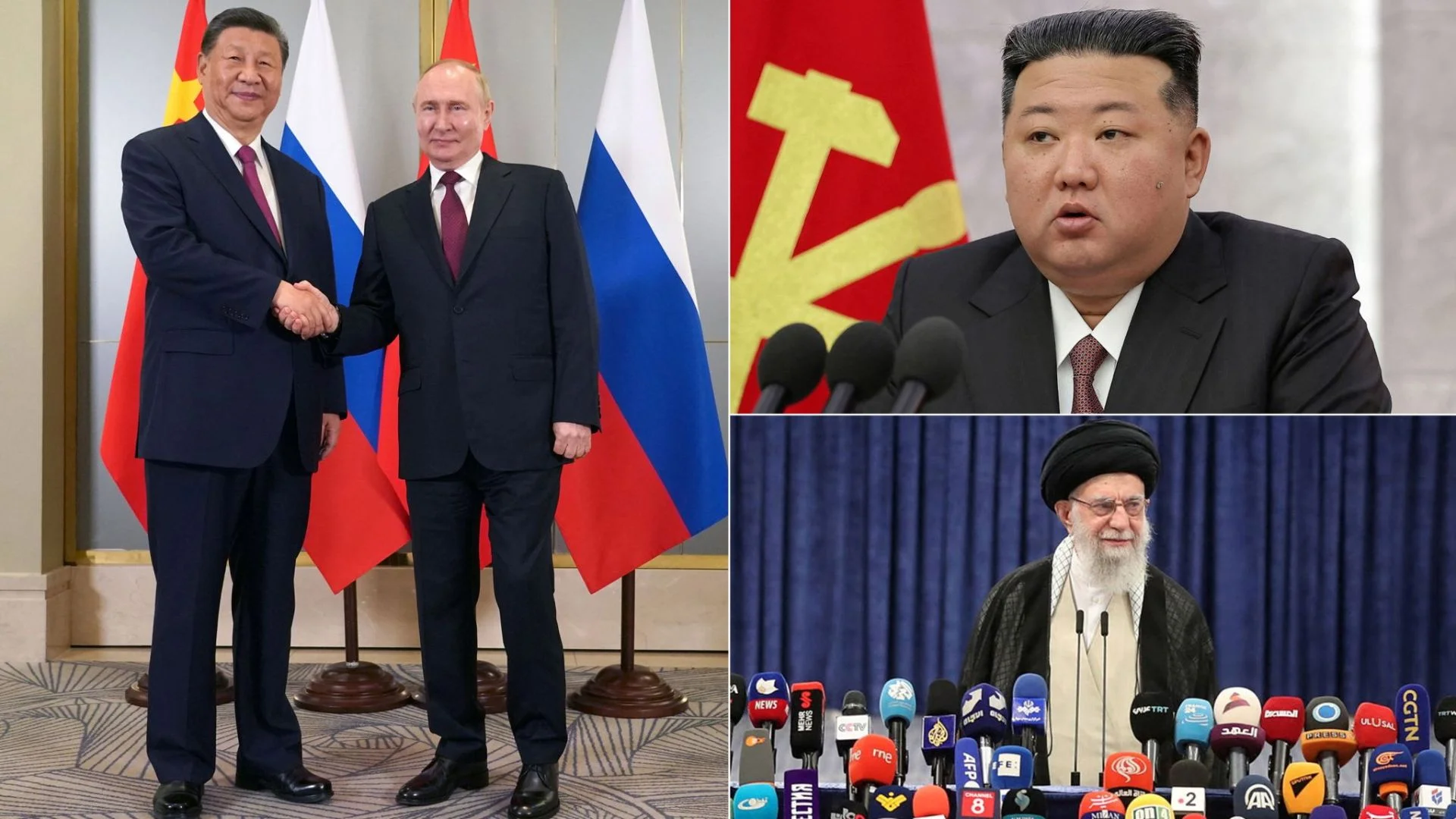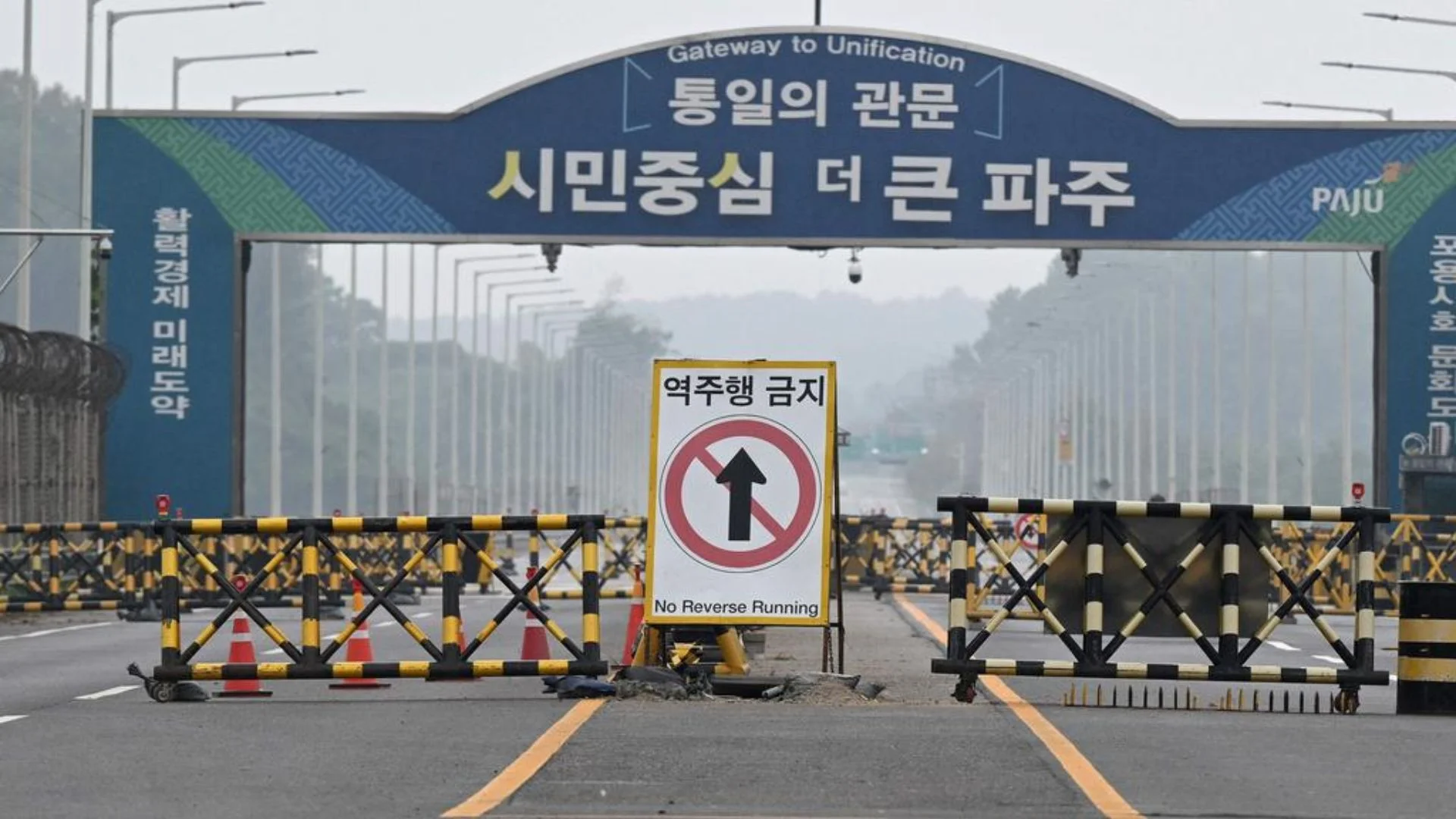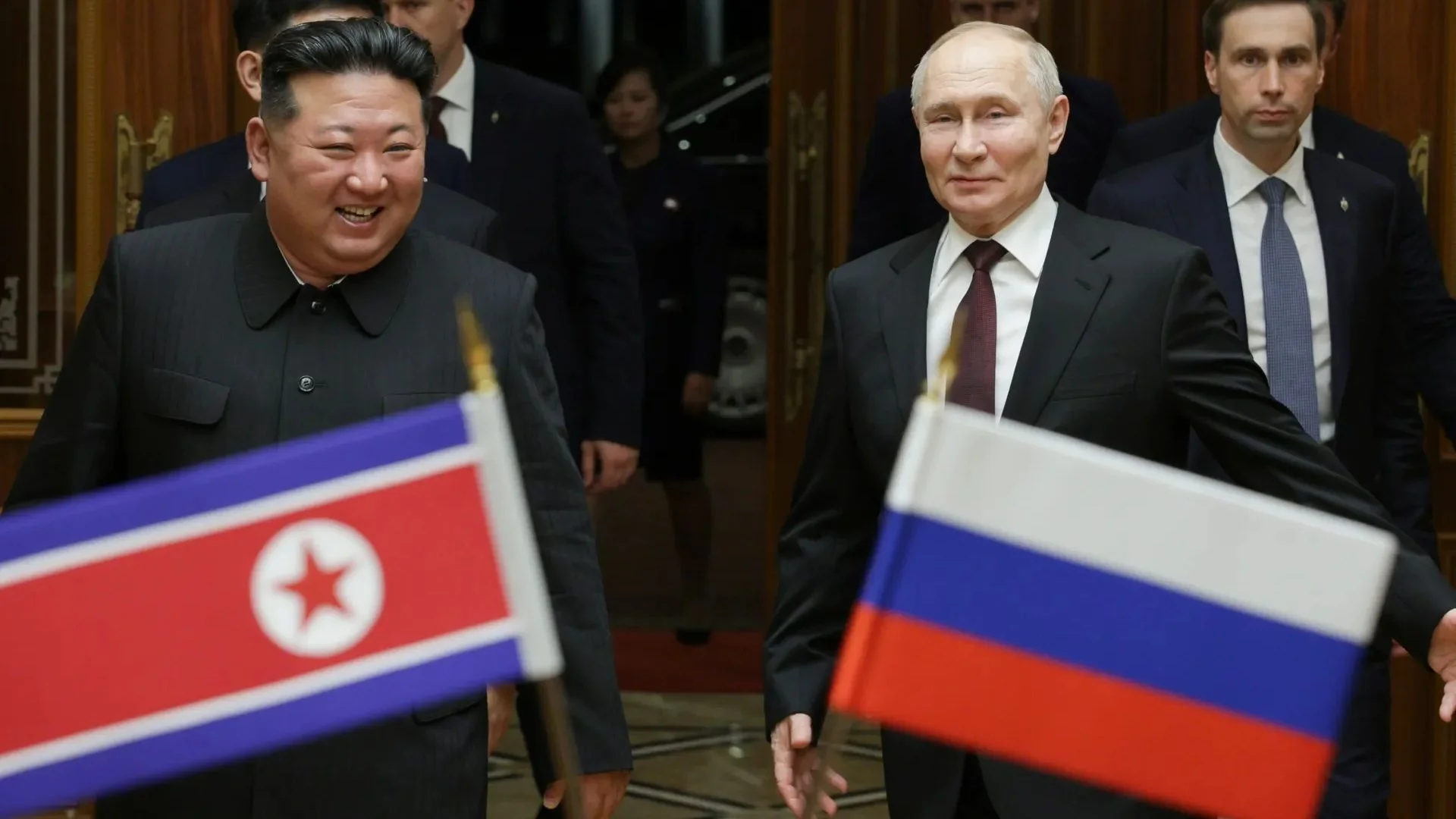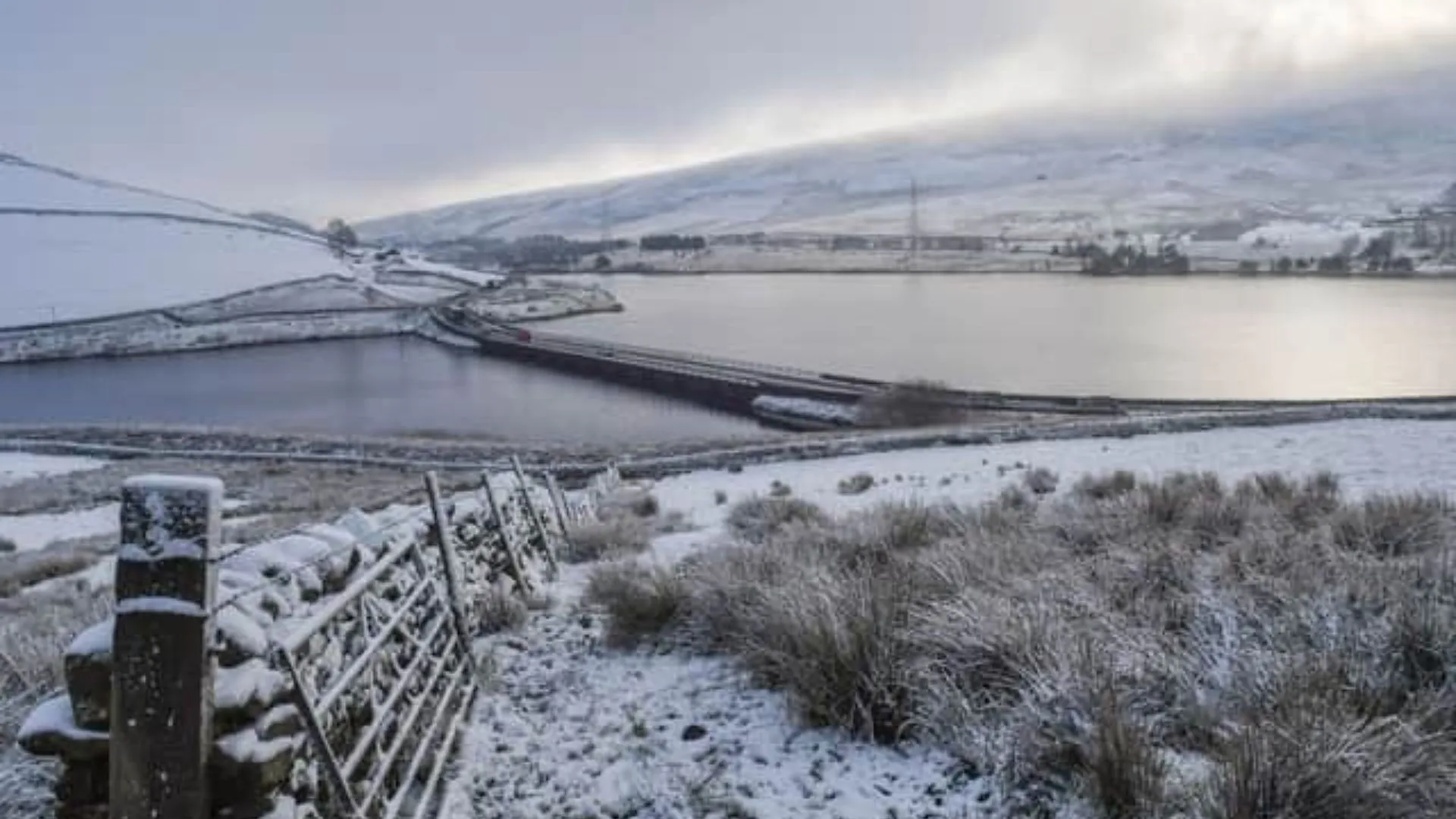Pakistan has discovered substantial deposits of natural gas and oil within its territorial waters after a three-year survey, as reported by the Times of India. A senior security official, quoted by Dawn News TV, stated that these newly identified reserves could significantly bolster the nation’s economy.
The official emphasized that these reserves could be instrumental in developing a ‘blue water economy’ for Pakistan. The survey has successfully mapped and identified the locations of these deposits, and the findings have been communicated to the relevant government authorities.
However, while the discovery is promising, the reserves are still in the early stages of exploration. The process of drilling wells and extracting oil and gas will require several years of labor and investment. Tapping into the ocean’s resources could yield substantial economic benefits for Pakistan, offering access to valuable minerals and energy resources.
Preliminary estimates suggest that these reserves could rank among the largest in the world, potentially positioning Pakistan as the holder of the fourth-largest deposit globally. Currently, countries like Venezuela, Saudi Arabia, Iran, Canada, and Iraq dominate the global oil reserves leaderboard, with the United States leading in untapped shale oil reserves.
In an interview with Dawn News TV, Muhammad Arif, a former member of Pakistan’s Oil and Gas Regulatory Authority (OGRA), expressed cautious optimism about the discovery. He warned that while the reserves are promising, they may not be as large or as easily extractable as initially anticipated.
“If these reserves prove to be gas, they could replace LNG imports; if they are oil, we could reduce our dependence on imported oil,” Arif noted. He also highlighted the need for significant financial investment, estimating exploration and development costs to be around $5 billion.

